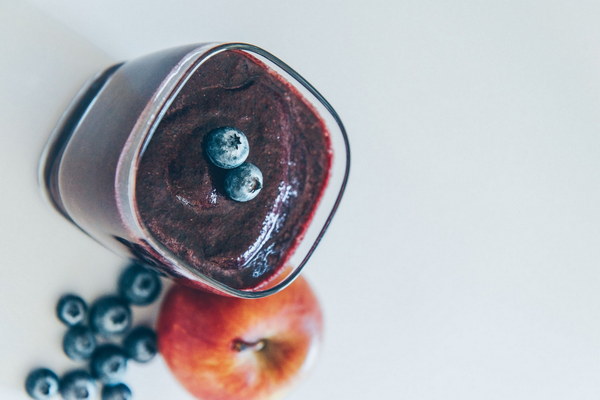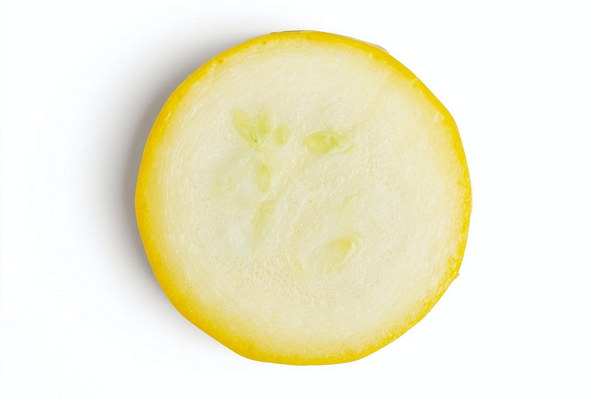Is Liver Care and Protection Illegal
Introduction:
Liver care and protection have become increasingly popular in recent years, as more people become aware of the importance of maintaining a healthy liver. However, some individuals might wonder if engaging in liver care activities, such as taking supplements or following a specific diet, is considered illegal. In this article, we will explore whether liver care and protection are illegal and shed light on the legal aspects surrounding this topic.
1. Understanding Liver Care and Protection:
Before diving into the legality of liver care and protection, it is crucial to understand what these practices entail. Liver care refers to the measures taken to maintain the health of the liver, such as adopting a healthy lifestyle, consuming certain foods, and avoiding harmful substances. Liver protection involves safeguarding the liver from potential damage, including alcohol abuse, drug use, and exposure to toxins.
2. The Legal Status of Liver Care:
The legality of liver care practices largely depends on the specific methods employed. Here are some common liver care activities and their legal status:

a. Dietary Supplements: The use of dietary supplements for liver health is generally legal. However, it is essential to ensure that the supplements are from reputable sources and have been approved by regulatory authorities. In some cases, certain supplements may be restricted or banned due to safety concerns or false claims.
b. Herbal Remedies: Herbal remedies for liver care are also legal, but it is crucial to verify their safety and efficacy. Some herbs, such as milk thistle and artichoke, are commonly used for liver health. However, individuals with certain medical conditions or those taking other medications should consult a healthcare professional before using herbal remedies.
c. Healthy Diet: A healthy diet rich in fruits, vegetables, whole grains, and lean proteins is legal and highly recommended for liver care. It is crucial to avoid excessive intake of processed foods, sugary drinks, and saturated fats, which can harm the liver.
3. The Legal Status of Liver Protection:
Liver protection measures are also legal and are often encouraged to prevent liver damage. Here are some common liver protection activities and their legal status:
a. Abstaining from Alcohol: It is legal and advisable to avoid excessive alcohol consumption, as it can lead to liver disease. Public health campaigns and awareness programs often emphasize the importance of moderate alcohol intake or complete abstinence.
b. Avoiding Drug Use: The use of illegal drugs is illegal in most countries and can cause severe liver damage. It is crucial to avoid drug use and seek help if struggling with addiction.
c. Protecting from Toxins: Exposure to harmful toxins, such as heavy metals and certain chemicals, is illegal in many cases. Employers and regulatory authorities enforce strict guidelines to ensure workplace safety and prevent liver damage due to toxic exposure.
4. The Importance of Professional Advice:
While liver care and protection are legal, it is crucial to seek professional advice before starting any new treatment or making significant lifestyle changes. Healthcare professionals can provide personalized guidance based on individual health conditions and needs.
Conclusion:
In conclusion, liver care and protection are not illegal. In fact, they are essential for maintaining a healthy liver and preventing liver diseases. It is crucial to engage in legal and evidence-based practices, such as consuming a healthy diet, avoiding excessive alcohol and drug use, and protecting oneself from harmful toxins. Always consult healthcare professionals for personalized advice and guidance to ensure the safety and effectiveness of liver care and protection practices.









